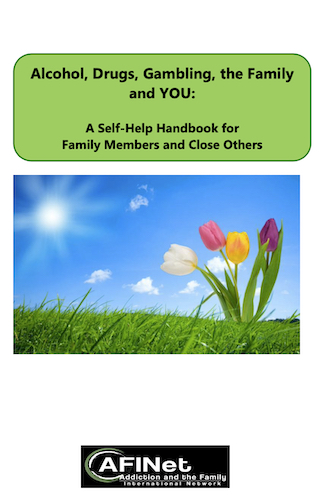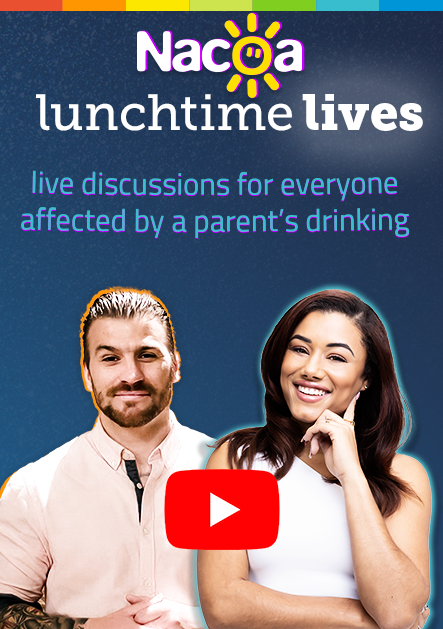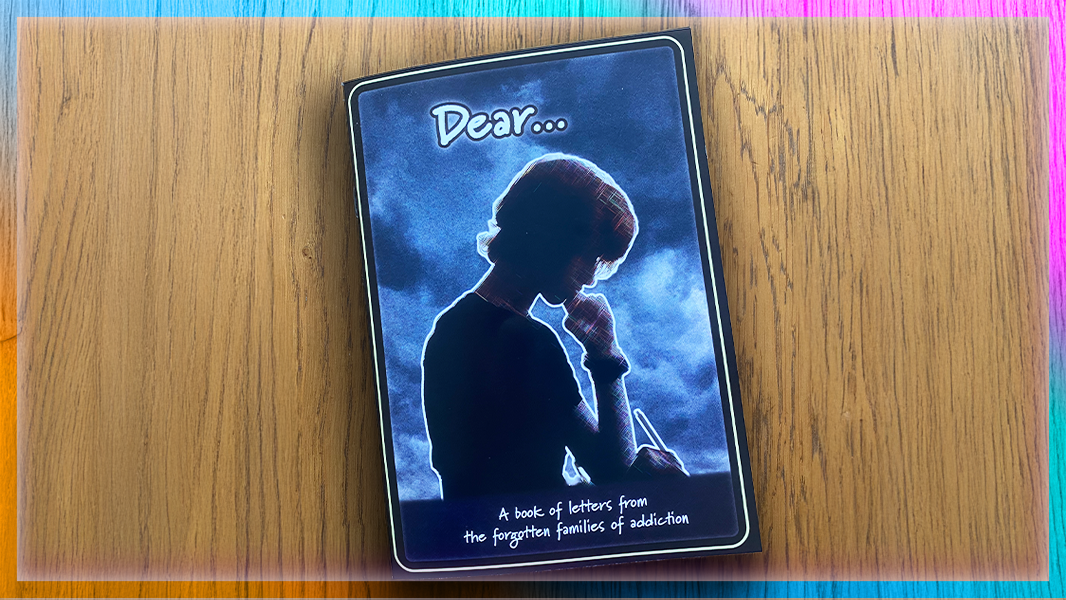
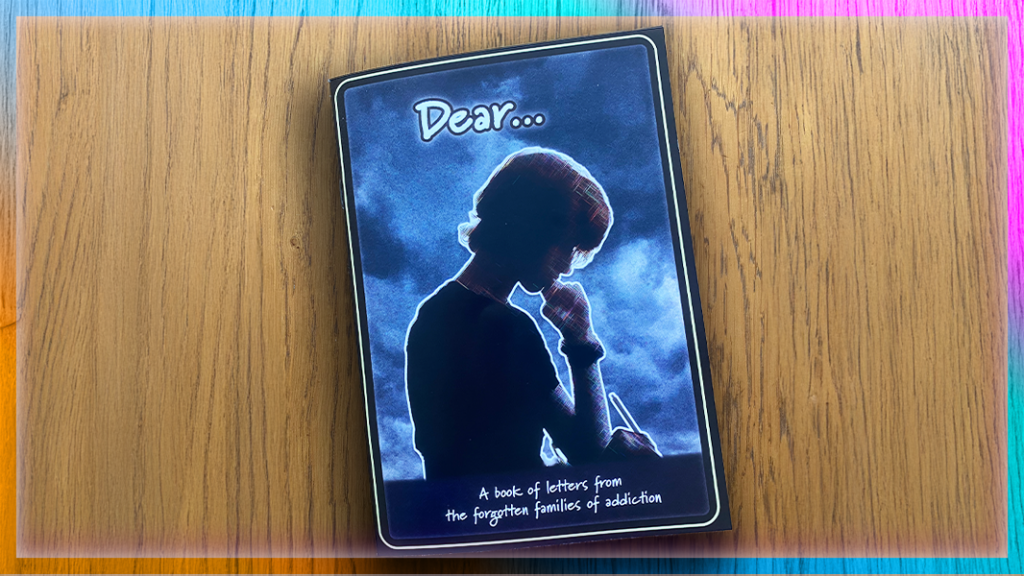
Book of letters from the forgotten families of addiction
Dear… A book of letters from the forgotten families of addiction is out now.
In this beautiful and moving collection of letters, family members express their thoughts and feelings on the chaos created by a loved one’s addiction.
“I remember you stealing from my piggy bank when I was small. It made me feel just kinda rubbish. I remember when you came home and passed out in the garden, and the police came and arrested you. I was scared for you and I still remember it. I just wish I had a normal life, with Mum and Dad and a normal house without arguing and shouting 24/7.”
George
Nacoa announced the publication of the Dear… book of letters with much excitement at the Nacoa lecture at the House of Commons.
Dear… A book of letters from the forgotten families is a collection of letters compiled by families addiction specialist, John Taylor.
“When I was a young boy growing up with an alcoholic mum, a lot of harm was done to me. This book is a collection of letters from my clients and other family members expressing their thoughts and feelings as they watch someone they love destroying themselves.”
John Taylor, Dear… editor
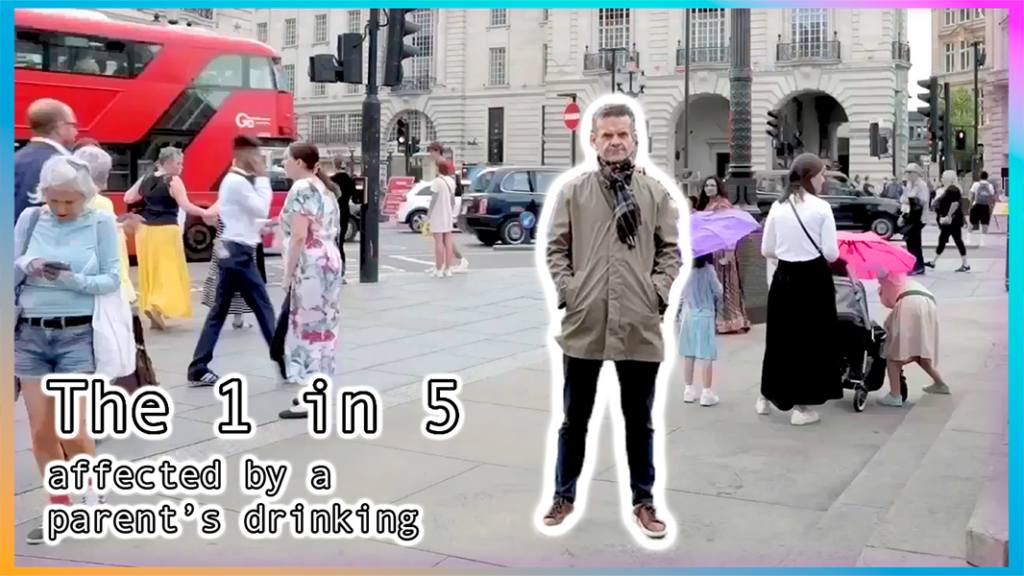
Letting others know they’re not alone
The contributors share their very personal letters to reach out to the millions worldwide who are still suffering in silence because of another’s addiction and to let them know they are not alone.
“I’ve spent years wondering what I did wrong? If I’d been a better person would you have stopped? If I hadn’t been born maybe you wouldn’t be this way? How could I make you go back to the dad that was my hero?”
Kathryn
They describe the pain, heart-break and confusion of seeing people they love change due to problems with drugs or alcohol.
“I love you mum, I miss my best friend and my lunch dates. But I don’t love the monster that comes out when you drink and take your drugs that you take.”
Jess
But also the love that prevails.
“My love for you is endless. While I can’t walk this path for you, I will always believe in your strength to find your way. No matter how many times you fall, I will never stop hoping for the day you rise above it all.”
Helen
John is a proud Nacoa ambassador and a passionate advocate for children affected by parental addiction. He made The 1 in 5 Documentary: A film about the forgotten children of alcoholics and wrote a book about his own story called Alcohol Stole My Mum.
No send letters are a powerful tool to help people process the trauma they feel whilst watching their loved ones in active addiction.
Writing for healing
“Letter writing is a good tool to break the silence and will open doors so that children, young people and adults still lost in their pain will start to identify and find their authentic selves.”
Hilary Henriques, CEO and co-founder of Nacoa UK
Dear… is produced in partnership with Turning Point, Scottish Families Affected by Alcohol & Drugs, Routes, Adfam, NACoA USA and CGL Alcohol Service Kensington & Chelsea and Westminster
Try writing your own no send letter today. Please know you can always share in confidence with the Nacoa Helpline. You can also publish your story on our Personal Experiences pages.
“Children growing up in families with addiction carry emotional baggage. Writing about how the disease has hurt their families allows kids to begin letting it go and healing.”
Jerry Moe, National Director of Children’s Programs (Emeritus), Betty Ford Center USA



















































































